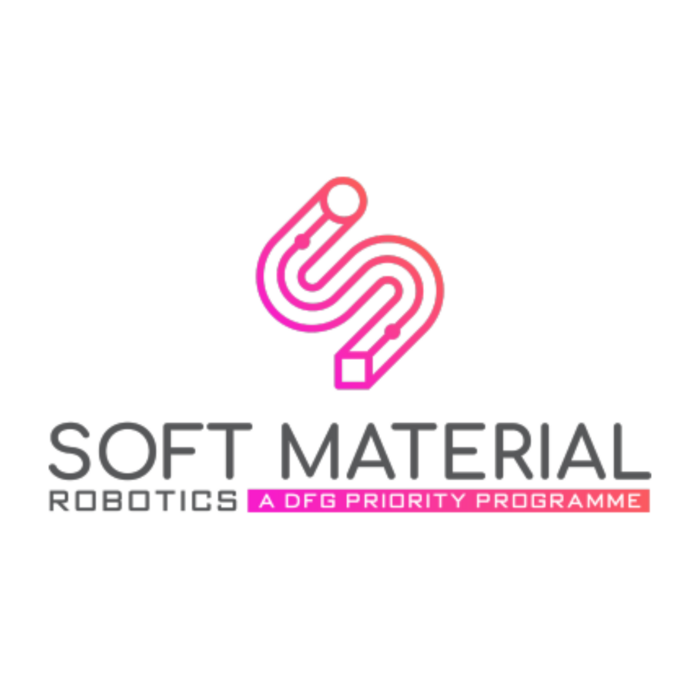We are excited to announce that the second funding period is starting this July. All the participants from thirteen research groups, belonging to different universities across German including: Leibniz Universität Hannover, TU Berlin, Universität des Saarlandes, Universität Bremen, TU Ilmenau, Universität Kiel, Universität Erlangen-Nurnberg, TU Kaiserlautern, Universität Stuttgart, TU Dresden; have gained knowledge during the first funding period by exploring different perspectives and sharing their opinions with other researchers.
The second funding period will focus on specifying the advantages of soft material systems, with particular emphasis on intrinsic material compliance and additional built-in functionality such as sensing, actuation and transformation capabilities.
In addition, it is expected to achieve greater integration of different research areas that focus on: How is it possible to effectively harness the potential of soft material robotic systems?
We are expecting collaboration within participants form different projects of the Priority Programme to exchange their findings. This highly interdisciplinary programmme seeks to improve the possibilities of technology transfer and the exchange of mutual knowledge. The objective is to take advantage of the progress of all different projects to achieve an accelerated and efficient development process of soft material robotic systems.
The opportunities for active and passive adaptability, whole-body deformation and dexterity, complexity reduction by utilizing morphological computation, functional integration/fusion of soft robotic systems approaches, control enhancement in actuation/sensor integration, and last but not least interaction between human and robot will all be addressed by the groups' proposals.
We are looking forward to seeing new faces and work with the new teams and interesting projects.
For further information please visit:
https://www.dfg.de/foerderung/info_wissenschaft/2021/info_wissenschaft_21_39/index.html




